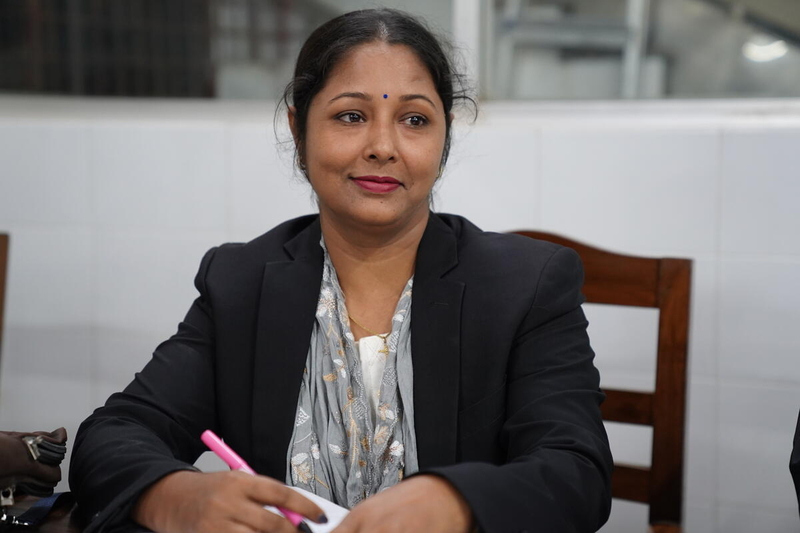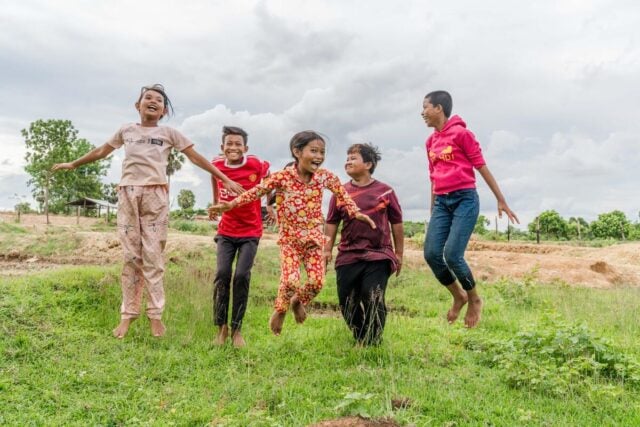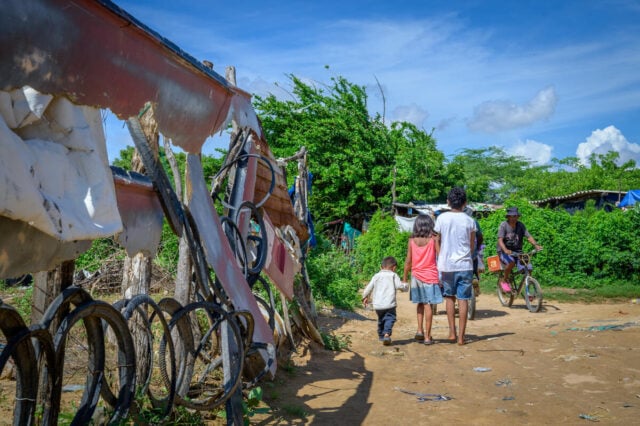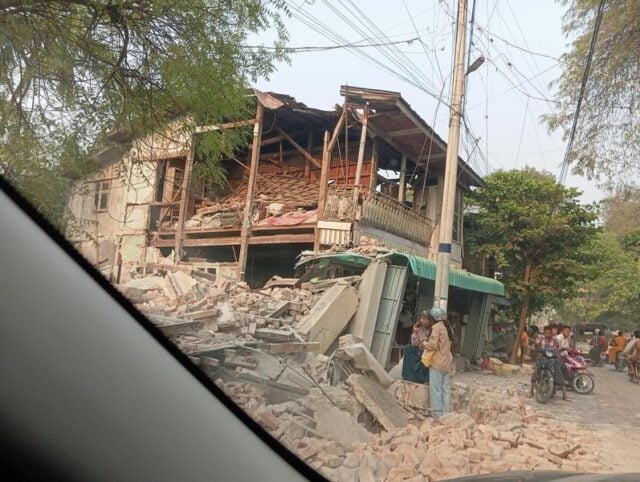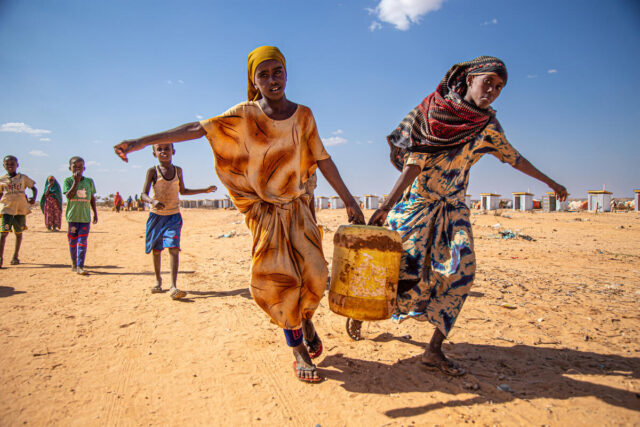When Kalpana was growing up, she and her family felt rejected by their community. “There was a time when people used to avoid my family members in fear if we ask[ed] any aid from them,” Kalpana says.
They lived in Bajua, a poor community about 23 miles outside of Khulna, Bangladesh’s third-largest city. Her father, Josheph, worked as a carpenter, but earned very little and struggled to provide for Kalpana and her three younger siblings. “We were in such financial crisis that three meals in a day were uncertain,” Kalpana says. “[Higher] education was far beyond thinking.”
When Kalpana started school, she had a lot stacked against her. Her mother, Nipali, explains that Kalpana was raised through hardship, and as the oldest child, she was responsible for helping her parents with chores and looking after her siblings. In Bangladesh, only 64% of children finish high school, and poverty often forces children — especially girls — to grow up early. By age 18, more than half of girls are married and nearly a quarter have children.
But Kalpana remembers when things started to change: When she was in first or second grade, World Vision began working in her community and enrolled children for sponsorship. “My mother introduced me with a field facilitator and enlisted my name,” she says. “I did not know much about it.”
She would soon find out, as she and other children in the community — sponsored and non-sponsored kids alike — began benefiting from World Vision programs made possible through sponsorship. Through the various opportunities she received, Kalpana was encouraged in her studies; learned values like kindness and honesty, and more about the Bible; and gained knowledge of public speaking, human rights, and the intrinsic value of each person. “The [World Vision staff] inspired and guided us, just like our parents,” she says. “I believe after my family members, if there is anybody [who] contributed in life, [it] is World Vision.”
World Vision also helped provide vital school supplies like notebooks, pencils, and backpacks to ensure children had not just access to education but also tools to succeed. Kalpana worked hard in school, became a tutor when she was in eighth grade, and took other jobs to help her family. And after high school, Kalpana did what was previously unimaginable: She attended college, earning three degrees, including a law degree.
Today she works as a lawyer in Khulna, and many of her cases focus on helping women and children who are victims of violence. Beyond the knowledge she provides, she also brings compassion and strives to keep the fees low, sometimes even offering her services pro bono, as she remembers what life was like for her family when she was a child.
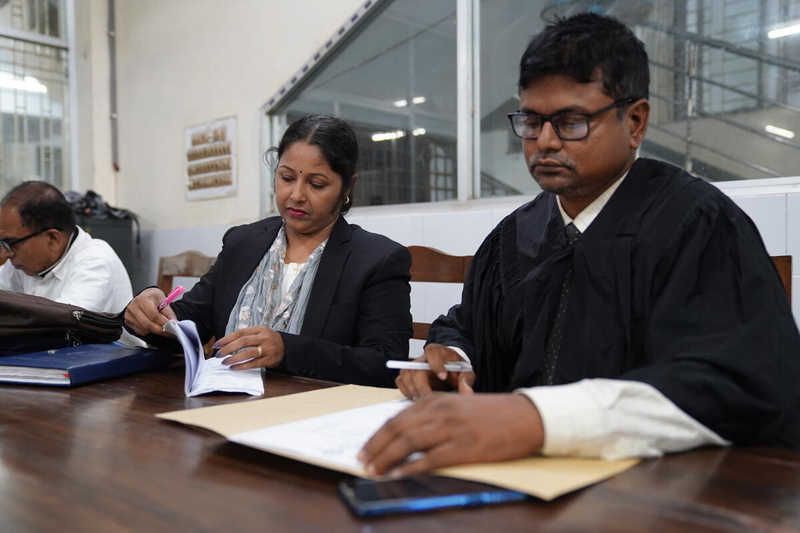
Her family’s own financial struggles are now in the past. “Today, after suffering a lot, I have reached the stage where I can give full support to my family,” Kalpana explains. Her younger siblings also benefited from Kalpana’s sponsorship, as they were each also able to gain an education and are all doing well today.
Kalpana is also now the mother of a daughter who won’t face the same hardships she did. Kalpana says, “The needs, sufferings, and hunger I had in my life, no one in my family, [including] my child, has to face now. This is my achievement.” For her daughter, education won’t be a question mark. “I have a dream with her,” Kalpana shares. “The day the dream will be fulfilled, she will also [be able to serve] the vulnerable people of this society.”
Kalpana’s parents are incredibly proud of her and how hard she has worked. Josheph shares, “She is my pride, pride of our village and of this country. … We are thankful to God!”
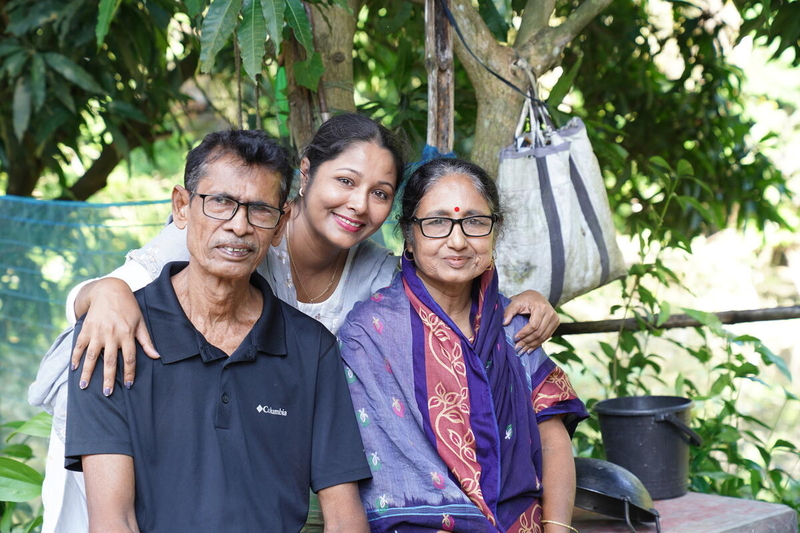
Kalpana remembers her childhood and how people ridiculed and rejected her and her family. She is amazed by how their situation has changed. “Now when I go back home [on the] weekend, people wait at [the] roadside to meet me to share their problems and to take law-related advice,” she says. Reflecting on how she once felt marginalized, Kalpana expresses gratitude for the transformation in her life: “I give thanks to God and to World Vision!”
Suborno Chisim and Lipy Mary Rodrigues of World Vision’s staff in Bangladesh contributed to this story.
